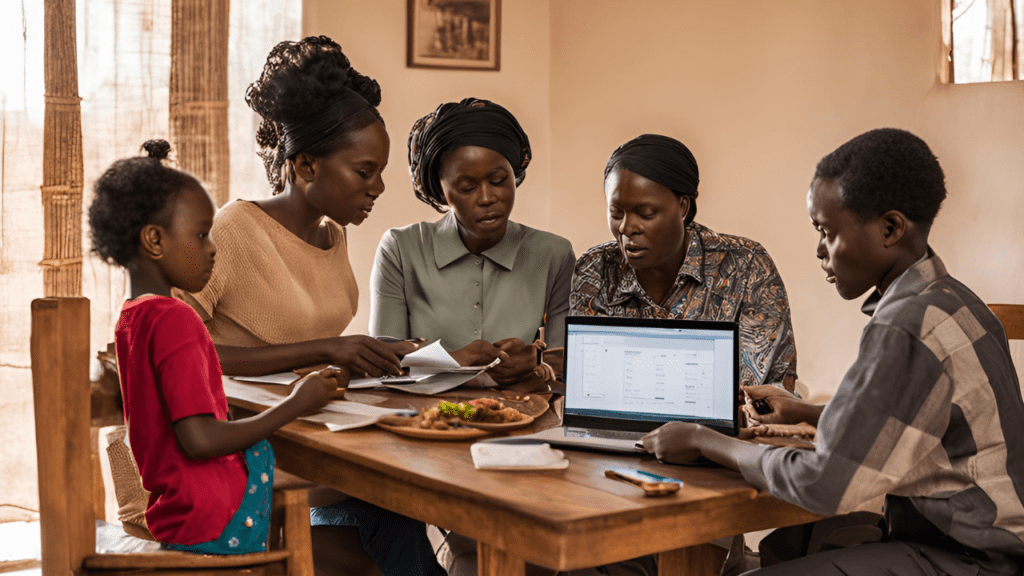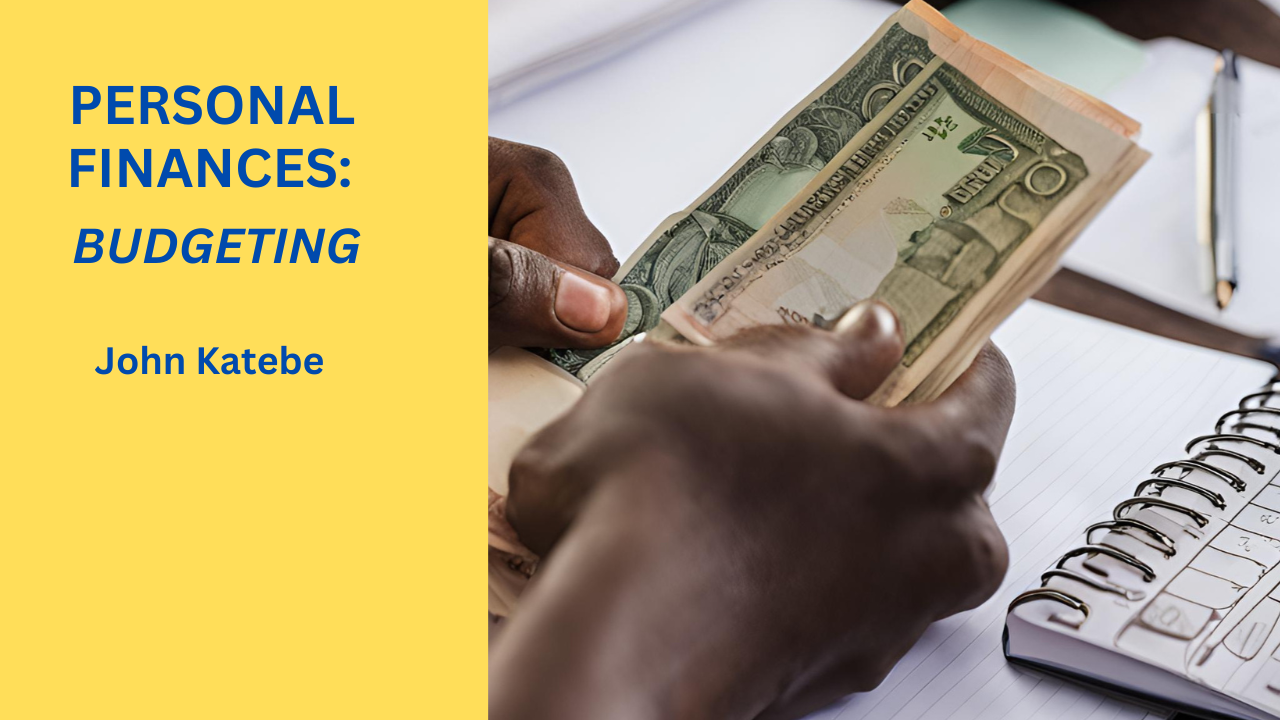Budgeting is a critical aspect of managing personal finances, serving as the cornerstone for achieving financial stability and success. For many Zambians, understanding and implementing a budget can make a significant difference in their financial well-being. This blog will explore the importance of budgeting and provide practical examples of how it can be applied in everyday life.

The Importance of Budgeting
Creating and sticking to a budget is essential for several reasons:
1. Tracking Income and Expenses: A budget allows you to see where your money is coming from and where it is going. This visibility helps in making informed financial decisions.
2. Setting Financial Goals: Whether you want to save for a new appliance, a child’s education, or retirement, a budget helps you allocate funds towards these goals.
3. Avoiding Debt: By planning your spending, you can avoid overspending and falling into debt.
4. Peace of Mind: Knowing that you have a plan for your money reduces financial stress and provides a sense of control.

Practical Budgeting in Everyday Life
Budgeting doesn’t have to be complicated. Here are a couple of homely examples of how an ordinary Zambian family might apply budgeting in their daily lives:
Example 1: Monthly Household Expenses
Meet the Mwale family. They live in Lusaka and have two children. Mr. Mwale works as a teacher, and Mrs. Mwale runs a small grocery shop. They have a combined monthly income of K10,000. Here’s how they budget their money:
– Rent: K2,500
– Groceries: K2,000
– School Fees: K1,500
– Utilities (electricity, water, etc.): K1,000
– Transport: K800
– Savings: K1,200
– Miscellaneous: K1,000
By allocating their income into specific categories, the Mwales ensure that their essential needs are met first. They also prioritize savings, which helps them prepare for emergencies and future goals. This approach prevents overspending and allows them to live within their means.
Example 2: Planning for a Major Purchase
Mrs. Chileshe, a single mother in Kitwe, wants to buy a new refrigerator for her home. She has a modest income from her job as a nurse, earning K5,000 per month. She decides to budget for this major purchase over six months. Here’s her plan:
– Current Savings: K1,000
– Monthly Savings Goal: K500
Mrs. Chileshe reviews her monthly expenses and identifies areas where she can cut back to save an additional K500 each month. She reduces her entertainment expenses, eats out less frequently, and finds cheaper alternatives for some household items. By sticking to her budget, she successfully saves K3,000 over six months, adding it to her initial savings to purchase the refrigerator.
Tips for Effective Budgeting
1. Be Realistic: Set achievable goals and be honest about your income and expenses.
2. Track Your Spending: Keep a record of all your expenditures to identify patterns and areas where you can cut back.
3. Adjust as Needed: Life is unpredictable. Be flexible and adjust your budget when necessary.
4. Use Tools and Apps: Many budgeting apps can help you track your spending and stay on top of your finances.
Conclusion
Budgeting is not just about restricting yourself; it’s about making intentional choices with your money. For ordinary Zambians, like the Mwale family and Mrs. Chileshe, budgeting provides a clear path to financial stability and peace of mind. By creating and sticking to a budget, you can ensure that your spending aligns with your financial goals, allowing you to achieve the things that matter most in your life.


